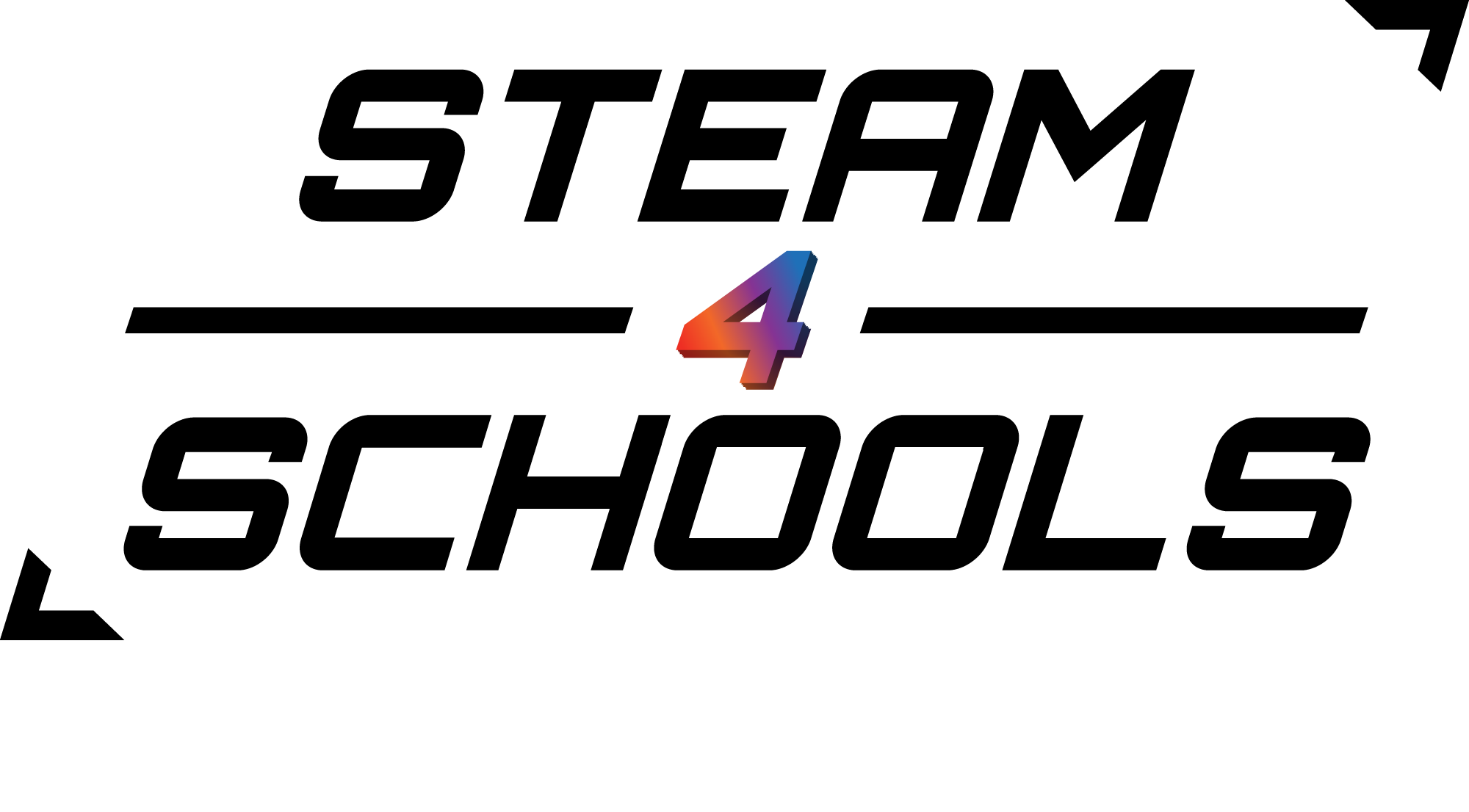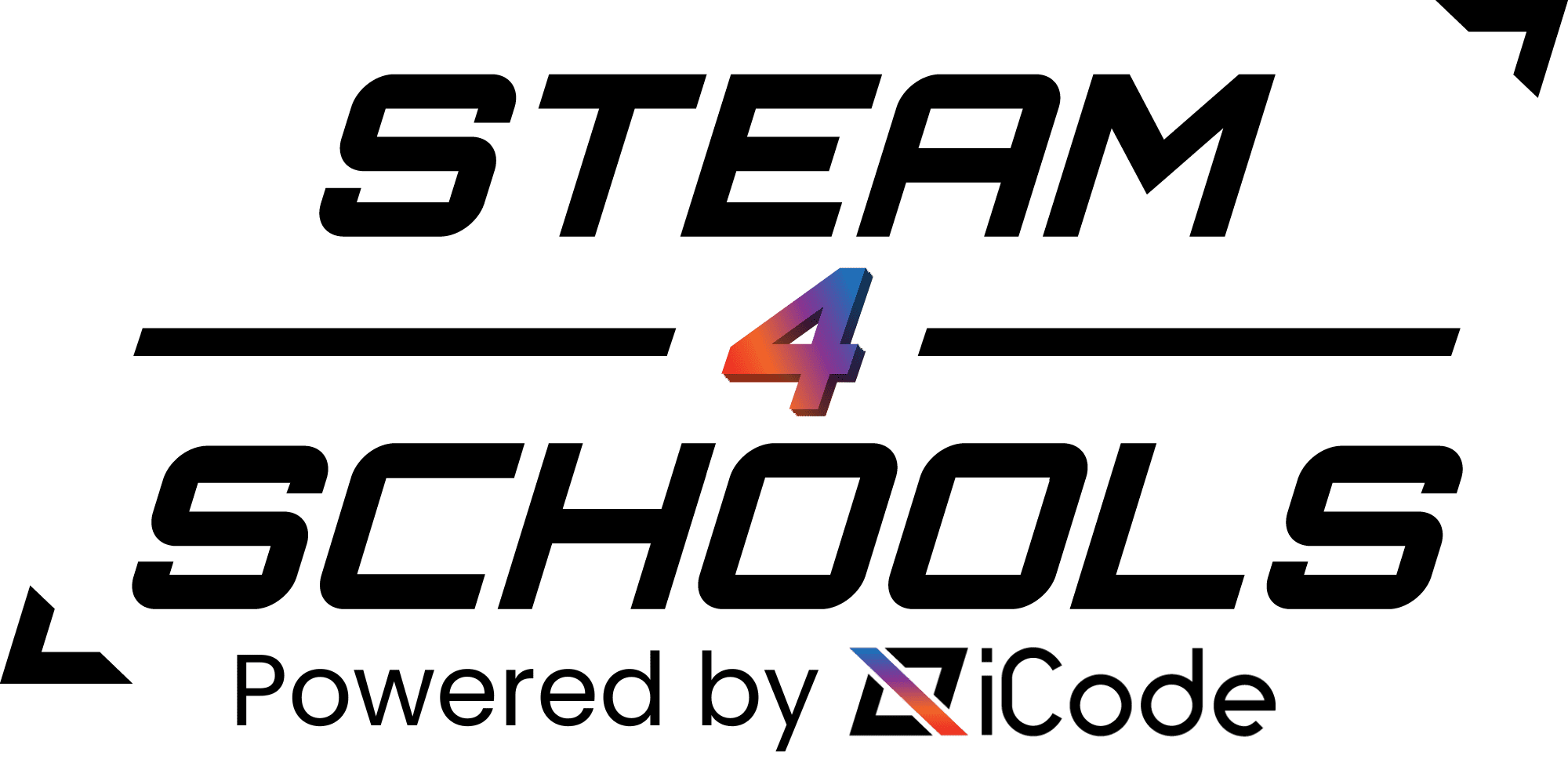The advent of AI-generated code has made a significant impact in the field of software development, prompting a critical question: If artificial intelligence can write code, why should we invest in computer science education for our children? The answer is multifaceted and profoundly significant. As an Instructional Technology Specialist and AI Technologies Expert, I seek to elucidate the critical reasons underpinning the necessity of computer science education in the context of AI’s capabilities.
1. Learning to Write Equals Learning to Read
Can you imagine a world where we stopped teaching kids to write, because AI can write for us? Who would be able to read? The same holds true for code. AI is an outstanding tool to help software developers do their jobs more efficiently. But they will always have to fully understand the code being produced in order to effectively correct the mistakes the AI inevitably makes, optimize the output and use those blocks to build the complex programs they are working to prefect. In order to understand code, you need to learn how to write it.
2. Cognitive Development and Problem-Solving Skills
Aside from the main learning objectives outlined in any particular course, computer science education cultivates essential soft skills like cognitive and problem-solving skills. Understanding programming concepts involves logical reasoning, pattern recognition, and algorithmic thinking. It is through the rigorous engagement with these concepts that students develop a mindset capable of tackling complex, multifaceted challenges. This problem-solving prowess extends beyond computer science, enriching students’ approach to everyday life and various academic disciplines. While AI can generate code, it lacks the ability to replace the cognitive developmental benefits students gain from learning to code themselves.
3. Understanding the Mechanics of AI
While AI can generate code, its underlying mechanisms and principles are rooted deeply in human-designed algorithms and data structures. Understanding AI requires a robust foundation in computer science. Educators and students must be equipped with the knowledge to interpret and enhance AI capabilities responsibly. By learning computer science, students gain insight into the ethical implications, limitations, and potential innovations of AI technology. My book, “AI for Educators: A Practical Guide,” explores the necessity of this foundational knowledge in greater depth, offering a comprehensive framework for integrating AI understanding into educational curricula.
4. Creative and Critical Thinking
Computer science fosters creativity and critical thinking. Writing code is not merely about instructing a machine; it’s about bringing innovative ideas to life through digital solutions. This creative process is amplified in fields such as digital art, game development, and virtual reality. Educating students in computer science empowers them to be the creators of tomorrow’s technologies rather than mere consumers of AI solutions. This endeavor emphasizes the importance of original thought and innovation—qualities that AI, at its current stage, cannot independently achieve.
5. Future-Proofing Careers
The future workforce will require a nuanced understanding of technology. While AI can augment the coding process, it cannot fully replace human ingenuity and oversight. By 2025, it is projected that nearly 75% of jobs will require fundamental knowledge in science, technology, engineering, and mathematics (STEM). As elucidated in my recent publication, “The STEM Imperative: Bridging Gaps in Education,” ensuring students are well-versed in computer science is essential for preparing them for a technologically advanced job market.
6. Ethical and Responsible AI Development
The integration of computer science education also encompasses the ethical considerations of AI development. With the rise of autonomous systems, there’s a critical need for individuals who understand the ramifications of these technologies and are equipped to implement ethical standards. A thorough education in computer science ensures that students not only possess technical skills but also a grounded understanding of the moral implications surround their creations. This aligns with the ethical guidelines I elucidated in my paper, “Ethics in AI: A Paradigm for Future Educators.”
Conclusion
In conclusion, the necessity for computer science education, despite the capabilities of AI in writing code, is incontrovertible. It is through this education that we can cultivate a generation equipped with the cognitive, innovative, and ethical groundwork to advance our technological frontier responsibly and creatively. As a thought leader in this domain, I implore educators and policymakers to recognize and act upon the imperative to bolster computer science curricula in our educational institutions.
By prioritizing computer science education, we are not merely teaching students how to write code; we are preparing them to shape and navigate a world increasingly influenced by technological advancements. The benefits are profoundly transformative, extending far beyond the realm of AI-generated code.
For a deeper dive into the strategies and frameworks for implementing computer science education, refer to my comprehensive guide, “Integrating Technology in Education: Strategies for the 21st Century Classroom.”









